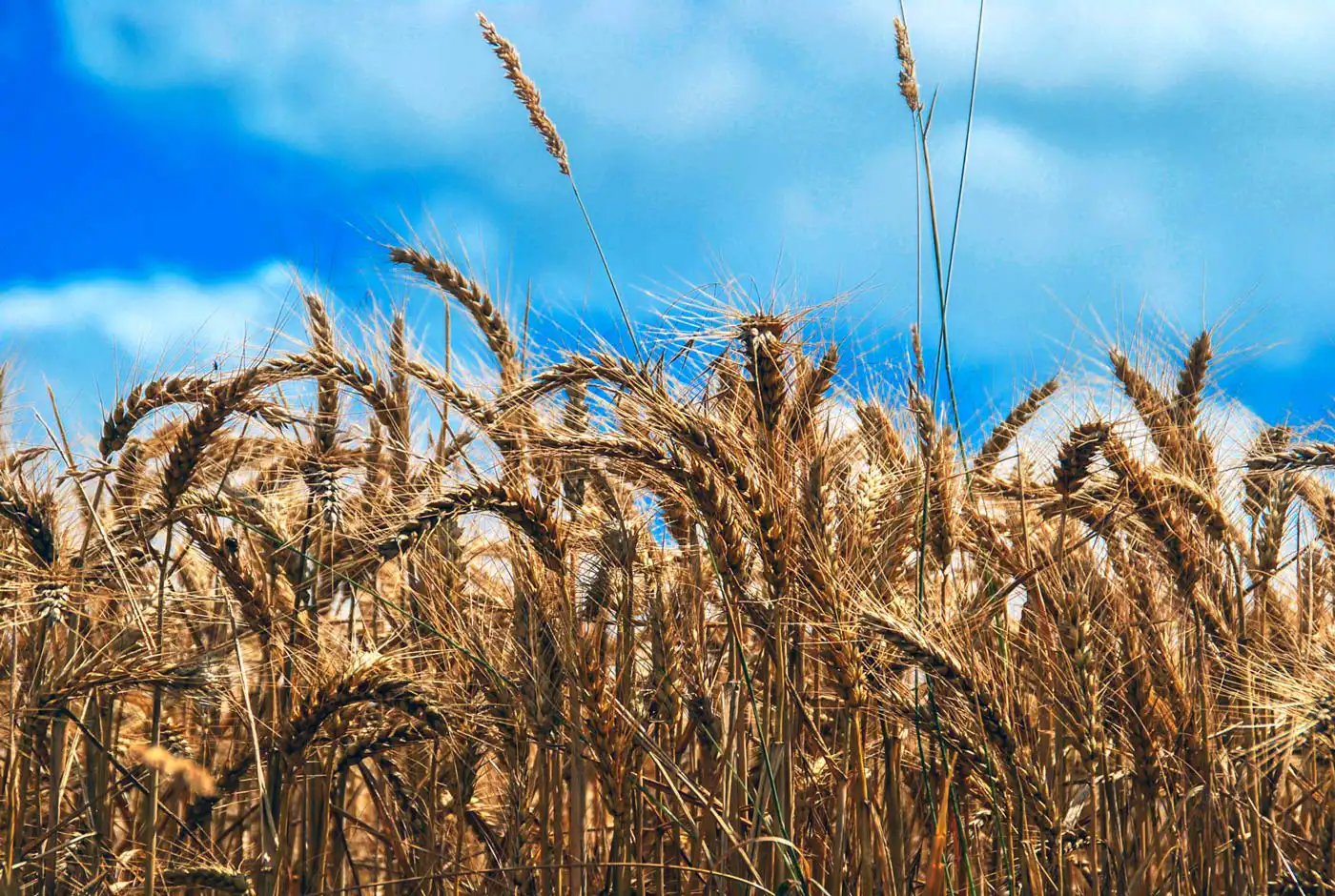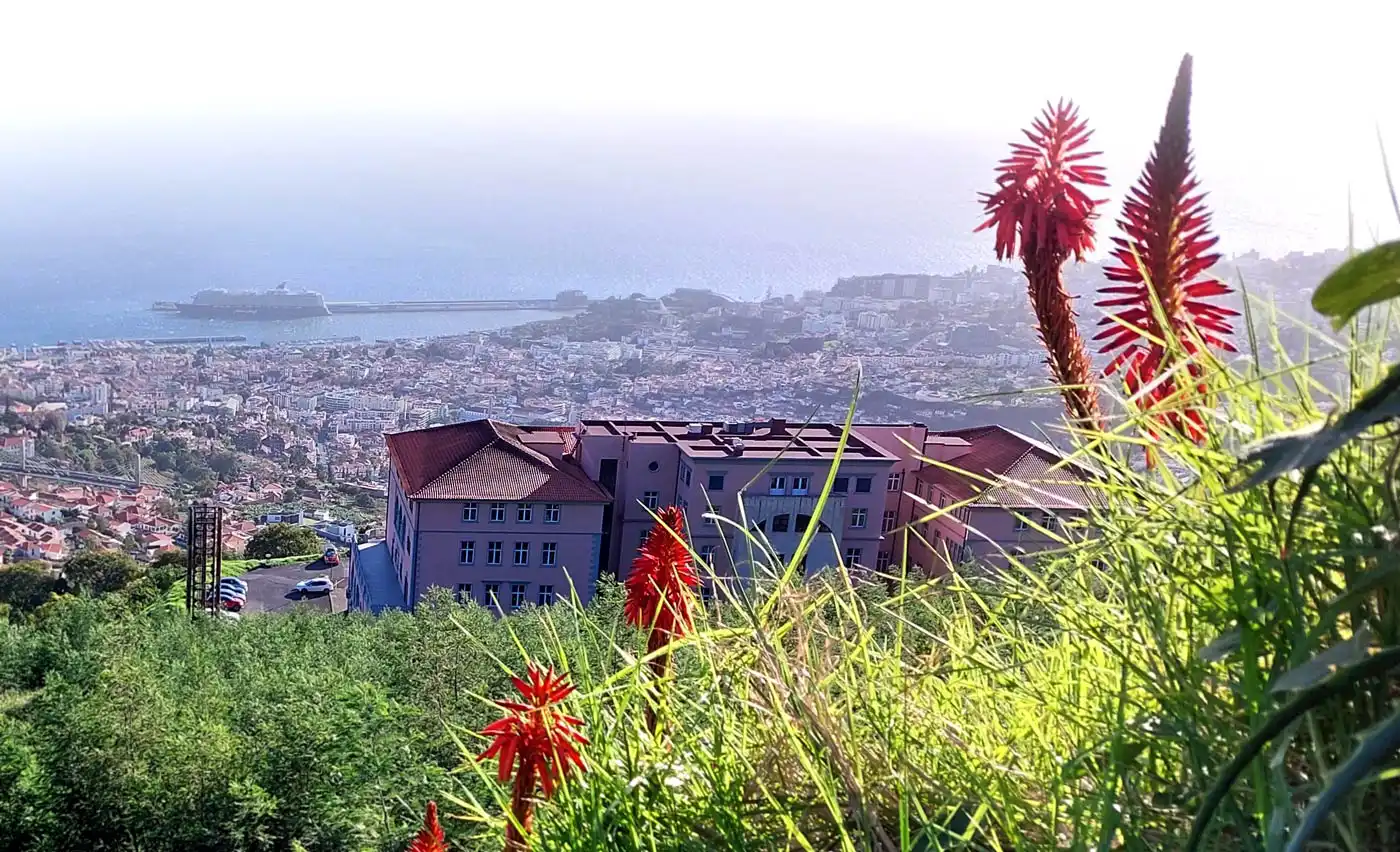Measure Aims to Secure Food Supply Amid Global Uncertainty
The government of Madeira has confirmed it will continue its strategic grain reserve for at least two more years. The policy, first introduced in 2022, is meant to protect the island’s food supply - especially the bread sector - against possible disruptions. The announcement was made on May 27 by José Manuel Rodrigues, the Regional Secretary for Economy, during a visit to the Directorate of Economy in Funchal.
Rodrigues explained that the decision is linked to ongoing global instability, which creates risks for supply chains. Being an island that depends heavily on imports, Madeira is especially sensitive to changes in global transport and trade.
€1 Million Reserved in 2025 Budget
The 2025 regional budget includes a proposed €1 million to support the grain reserve, although the plan still needs to be approved by the Legislative Assembly. The measure is expected to cost around €700,000 per year and will cover the storage and management of cereal stocks. The grain is stored in silos at the port of Caniçal.
The decision to maintain the prevention measure, created in 2022 to combat any sector ruptures, comes from the "geopolitical context of great uncertainty and unpredictability."
Reserve Ensures Two Months of Cereal Stock
One of the main goals of the reserve is to protect the bread supply, which officials have described as “essential” for the region. The reserve ensures at least two months of cereal stock, enough to avoid shortages during unexpected delays or crises. In addition to keeping the reserve in place, Rodrigues also announced that Madeira will ask for stronger support from the European Union through the POSEI program. This initiative helps outermost regions deal with the extra costs of supply and transport.
A Response to War and Supply Disruptions
The grain reserve was originally created in response to global shortages following the Russian full-scale invasion of Ukraine. That conflict led to sharp increases in wheat prices and serious delays in international grain shipments. At the time, the regional government warned that wheat prices could rise by over 40%, while shipping and storage costs had already grown by more than 50%.
Madeira, like the rest of Portugal, produces very little of its own wheat. In 2021, Portugal’s wheat production covered just over 6% of national demand. The region’s dependence on imported goods makes it especially vulnerable to transport problems and price spikes.






Comments